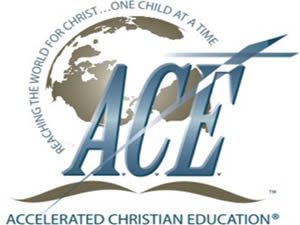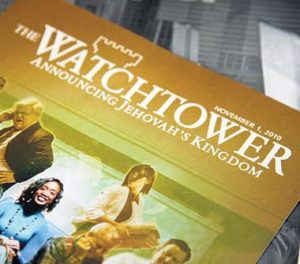“this was a school (and there are many like it), which crippled its students by denying them the education which they had a right to receive”
 The primary school I attended didn’t have any regular classrooms or playgrounds. None of the teachers had any form of training, and most of them were unable to speak English properly. Physical punishment was commonplace and the atmosphere was one of perpetual fear. Religious studies were the core focus, and any form of dissent, even something as slight as not concentrating during daily prayers, was harshly penalized. You may by now be assuming that I was educated many decades ago, or under some fundamentalist regime. But this was in London in the 21st century, and my school was far from unique.
The primary school I attended didn’t have any regular classrooms or playgrounds. None of the teachers had any form of training, and most of them were unable to speak English properly. Physical punishment was commonplace and the atmosphere was one of perpetual fear. Religious studies were the core focus, and any form of dissent, even something as slight as not concentrating during daily prayers, was harshly penalized. You may by now be assuming that I was educated many decades ago, or under some fundamentalist regime. But this was in London in the 21st century, and my school was far from unique.
This was a Charedi (ultra-Orthodox) Jewish boys school; one of many similar institutions in the area. I was sent there in good faith (pun not intended) by my religious, but by no means extremist parents, who wanted their son to gain a Jewish education alongside a secular one, and to do so within an acceptable distance from home. What they were unaware of was that behind closed doors this institution was run in manner more akin to Dickens’ Dotheboys Hall than a modern school under Tony Blair’s government.
I emerged relatively unscathed from this experience (I was naturally compliant), but I know of several others who were not as fortunate. Contemporaries of mine suffered extreme physical abuse at the hands of some of the teaching staff, with one boy getting his finger broken for speaking out of turn, and consequently requiring medical care. Others suffered severe beatings, and some even had soap or chalk put in their mouths for uttering so-called profanities.
Yet, horrendous as these incidents were, the school’s real crime was providing its pupils with an abysmally poor education. I was lucky enough to supplement my inadequate lessons by devouring our home library and by learning from my parents, both of whom had received a regular education. Had I not been able to do this, my literacy and numeracy skills would be of a debilitating standard. The school’s mission was to prepare its pupils for a life of religious study – all other considerations were ignored. Conversation and teaching took place exclusively in Yiddish. Having an understanding of the English language may, God-forbid, lure our young minds to secular literature. We never felt the need for any secular education. The “supposedly” great minds of secular scientists believed we came from monkeys, so we were told, and it took them thousands of years to discover that objects fall to the ground; giving it the fancy name of “Gravity”. This, of course, was used as evidence of the stupidity of secular education. We all knew that babies came from human mothers, and any Charedi child could tell you that objects fell to the ground.
You may be wondering why Ofsted did nothing to prevent this. Well for a start, the inspections were scheduled well in advance, giving the school enough time to clean up its act, hire a fake teacher and instruct the pupils on how to respond if questioned. Students were warned to be wary of giving the school a bad name, as this would in turn desecrate God’s name. Not to mention the physical beating that would follow the day after the inspectors left. Additionally, the inspectors were often practising ultra-Orthodox Jews themselves, and thus believed that ancient scriptures provided a more solid form of education to prepare the pupils for the afterlife.
Ultimately, even if the school had been given a damning report, Ofsted has little will to enact any changes. Any form of improvement simply meant compiling an additional policy and procedure file, locked away to collect dusk and mould with all the other non-Jewish material.
I don’t wish to paint a wholly condemnatory portrait, as there were some good teachers in the mix, and the standard of religious education was as high as you might expect. But this was a school (and there are many like it), which crippled its students by denying them the education which they had a right to receive and preventing them from flourishing into active members of society.
Anonymous


